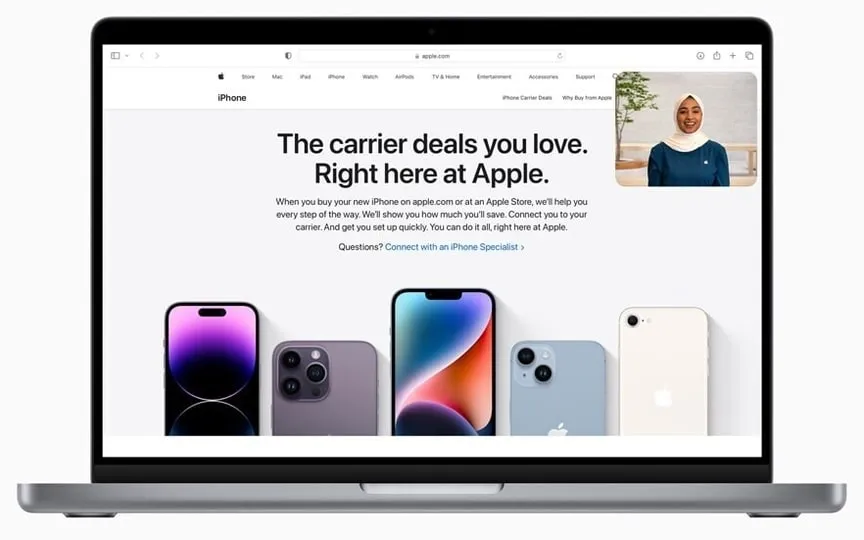Warning: Beware of WhatsApp Pink Scam that May Lead to Loss of Bank Information and Contacts – Uninstall Immediately
Dealing with WhatsApp scams has become more challenging, and a new scam called WhatsApp Pink is causing concern. The North Region cyberpolice crime wing has issued a warning to Android users about this scam, and several police departments are also expressing their worries. What exactly is this dangerous scam, and how can you protect yourself? Find out all the details here.
What is WhatsApp Pink Scam
There is a viral message circulating on WhatsApp where people are sent a link to download Pink WhatsApp. Fraudsters actively share this link to many users and lure them with the promise of a new WhatsApp look and additional features. They urge people to download the app through a malicious link. Once downloaded, the app acts as a dangerous malware.
Another scary part is that when you download WhatsApp Pink, it sends a message to all your contacts so they can download the app without informing you. This means users get it from trusted friends and can download it themselves. What does it do? The purpose of the fake WhatsApp scam app is to steal users’ important information such as OTP, contact details and bank details.
The threat doesn’t end there, hackers can also install spyware on the victim’s device to gain complete access to the smartphone.
Did you download Pink WhatsApp? Do this now
- If you have accidentally installed the dangerous WhatsApp Pink app, take immediate action to uninstall it. To do this, go to Settings > Applications > WhatsApp (pink logo) and select the uninstall option.
- It is very important to be careful when dealing with links from unknown sources. Do not click on malicious links unless their authenticity has been verified.
- Only install or update apps from the official Google Play Store or iOS App Store and from trusted websites. Because Pink WhatsApp app is relayed through third party stores.
- Always avoid forwarding links or messages without proper authentication or verification.
- Protect yourself from fraudulent apps by staying up-to-date and alert to cybercriminal activity.
- Protect yourself from potential abuse by refraining from sharing personal or financial information online, including login information, passwords, and credit/debit card information.




